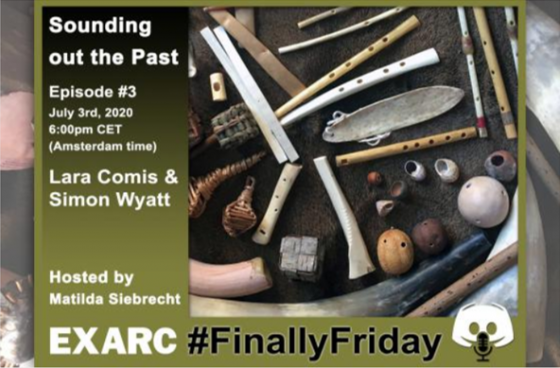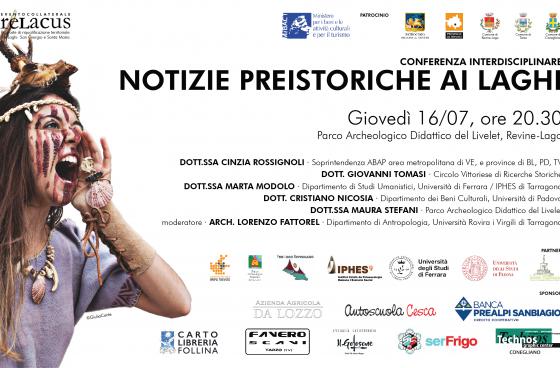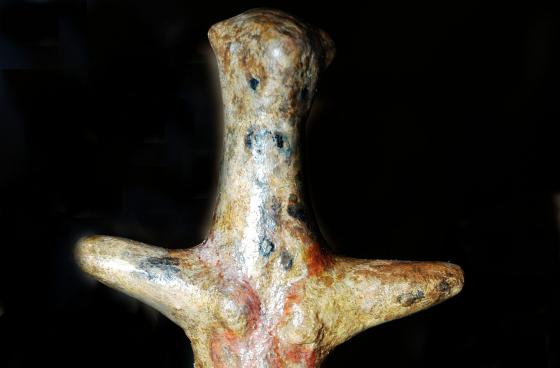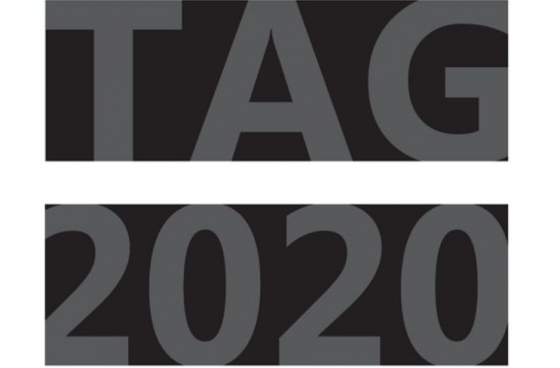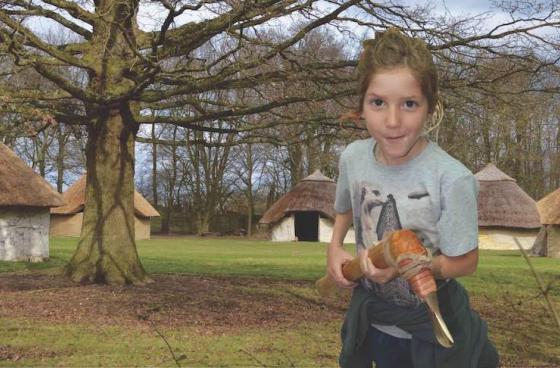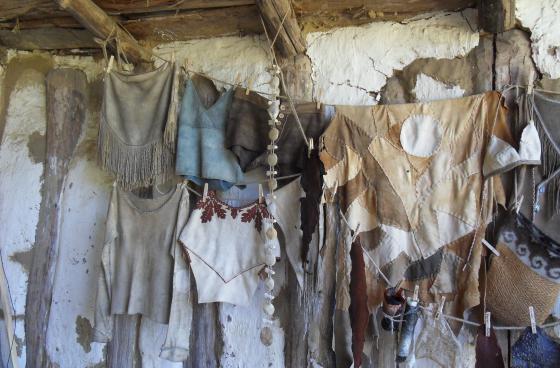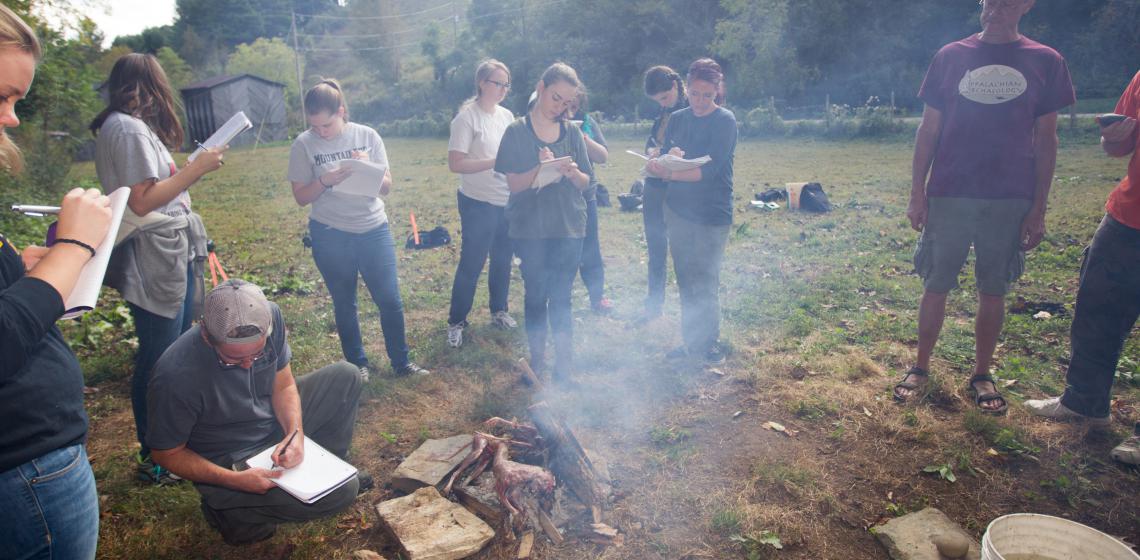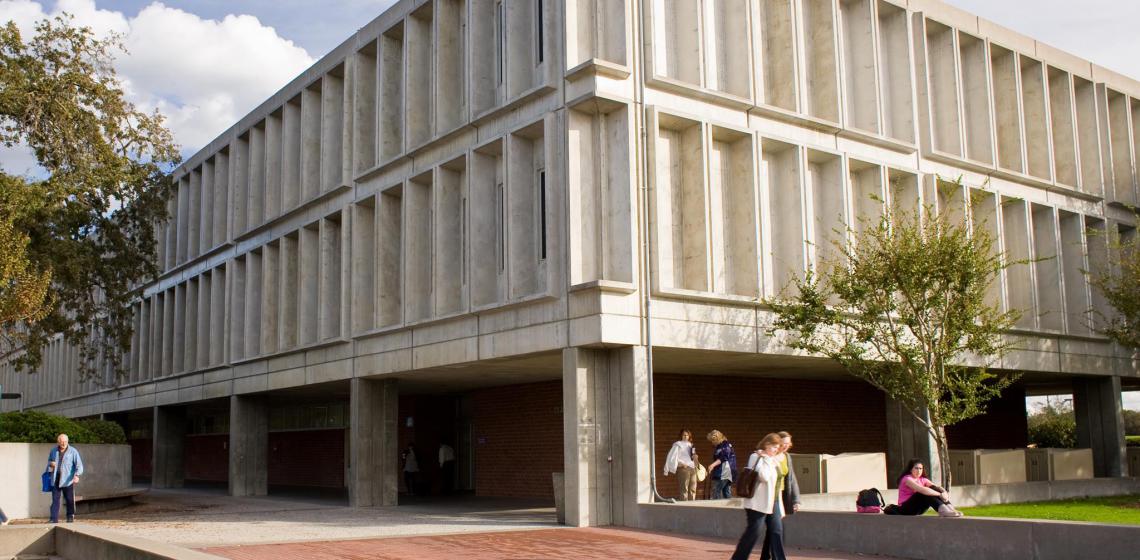National Institute of Advanced Studies (IN)
National Institute of Advanced Studies (NIAS) is a premier institute in India engaged in interdisciplinary and multidisciplinary research in natural sciences, social sciences, arts and humanities.
It was founded by J. R. D Tata for providing an avenue for administrators, managers and social leaders for interaction and exchange of information with notable academics in the areas of science, arts and humanities. With these objectives, the institute conducts multi-level research programmes and mentors talented doctoral students. The institution, based in Bengaluru, in the south Indian state of Karnataka, started functioning on 20 June 1988 with Dr. Raja Ramanna as its founder director.

